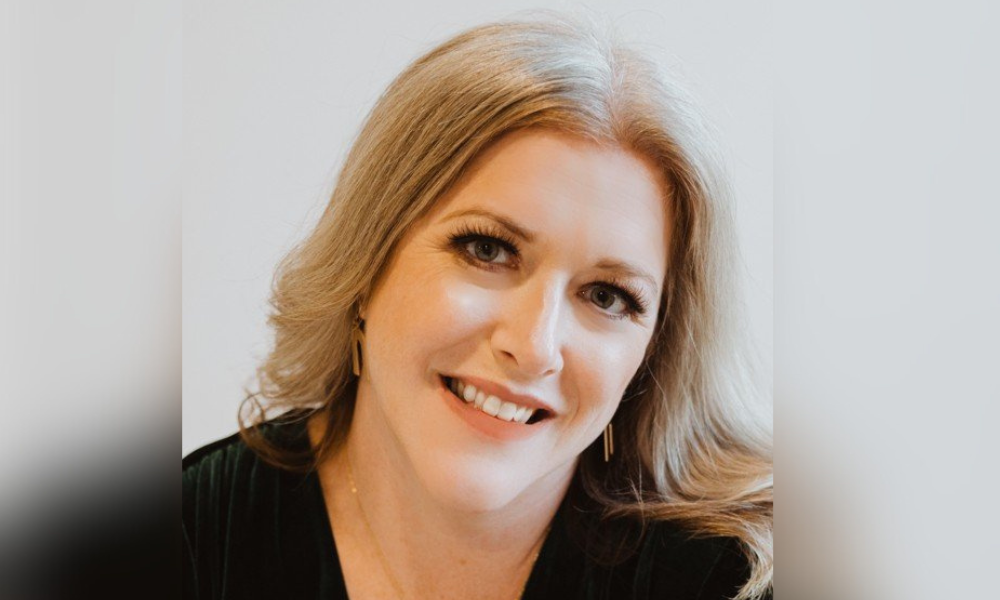

While many advisors might view Gen Z clients as an unprofitable endeavor, given their relatively low asset levels compared to older generations, Rachel Lawrence sees this demographic as a significant opportunity - if advisors are willing to evolve their models.
"The biggest myth is that they’ll never be able to do anything,” the founder of Reverie Wealth and Head of Advice & Planning at Monarch Money, explains. “I’ll never be able to afford it, I can never buy a house or never retire because I don't have all these advantages that my parents had or the generation right before me had.”
These are all similar thoughts she’s expressed and experienced. She recalls growing up with no money, with parents who didn't support her through college.
“I did all of that stuff on my own, then the housing market crashed in 2008-2009 and I was able to buy my first home because the prices went down, and because of the first time homebuyers grants that were available. It really changed my whole financial position to be able to afford to buy my own house.”
These things can happen to anyone, she emphasizes, and advisors need to be prepared for them.
“Even if we don't think they're going to happen right away, if you are prepared, you can take advantage of opportunities like that, and I think there will be more,” she added.
While she asserts the best time to do things “was probably 20 years ago”, the next best time is the present. The key, she says, is for advisors to think outside the box of traditional fee structures.
Rather than relying solely on assets under management (AUM), Lawrence advocates for monthly subscription fees, annual retainers, or one-time financial planning engagements. This allows her to serve clients with lower asset levels profitably.
She also suggests charging lower fees, which means advisors “have to be a lot more efficient in the work that you do."
“It's actually harder for me to implement sometimes,” she admits. “I think the way we're changing fees allows more folks to be able to service Gen Z clients. I also see tech playing a huge role in that.”
She points to tech being the primary reason and driver as to why she’s spent so much of her time and career in the advisory space.
“I see tech as the way to make this profitable [for advisors].”
As such, Lawrence has embraced tools like AI-powered notetaking and task management to streamline her operations, freeing up time to serve more clients.
Of course, serving Gen Z effectively requires more than just a new business model. Advisors must also understand the unique financial challenges and priorities of this generation. "We don't focus heavily on cash flow or debt pay down,” she says, noting that even when it comes to the basics of retirement, it often moves “into the more advanced stuff."
To address these needs, Lawrence emphasizes the importance of tools and resources tailored to cash flow management, debt management, especially student loans, retirement planning, and home buying guidance. Advisors who can provide comprehensive support in these areas, Lawrence emphasizes, will be well-positioned to attract and retain Gen Z clients.
While the Gen Z demographic may present some unique hurdles, Lawrence is convinced that the opportunity outweighs the challenges.
“If you can get to someone when they're young, before they make mistakes or even during their first few mistakes that they make, while they still have all that time on their side, that is, to me, what makes the biggest difference in the world,” she says.
“It's like taking someone who is first earning their first two paychecks and helping them understand what to do with it.”
Lawrence asserts that financial literacy efforts in schools are limited in impact unless students are actively earning money.
“They have to have money to do something with in order for them to take those lessons and apply them and really learn it. They might be exposed to the concepts, and maybe that's good for priming their brains for later, but they don't really learn that much in those classes.”
Rather, she says it's hitting them right when they're starting to earn money, then helping them use that, learn about it and harness it, pointing to coursework, coaches or AI chatbots.
“It’s about developing this more automated guidance and navigation for folks not to take the place of an advisor, but to really help advisors take that burden off and be able to work with more clients,” she says. “Because now they have something that is already doing half of the work for them.”

The 25-year industry veteran previously in charge of the Wall Street bank's advisor recruitment efforts is now fulfilling a similar role at a rival firm.

Former Northwestern Mutual advisors join firm for independence.

Executives from LPL Financial, Cresset Partners hired for key roles.

Geopolitical tension has been managed well by the markets.

December cut is still a possiblity.
Streamline your outreach with Aidentified's AI-driven solutions
This season’s market volatility: Positioning for rate relief, income growth and the AI rebound
